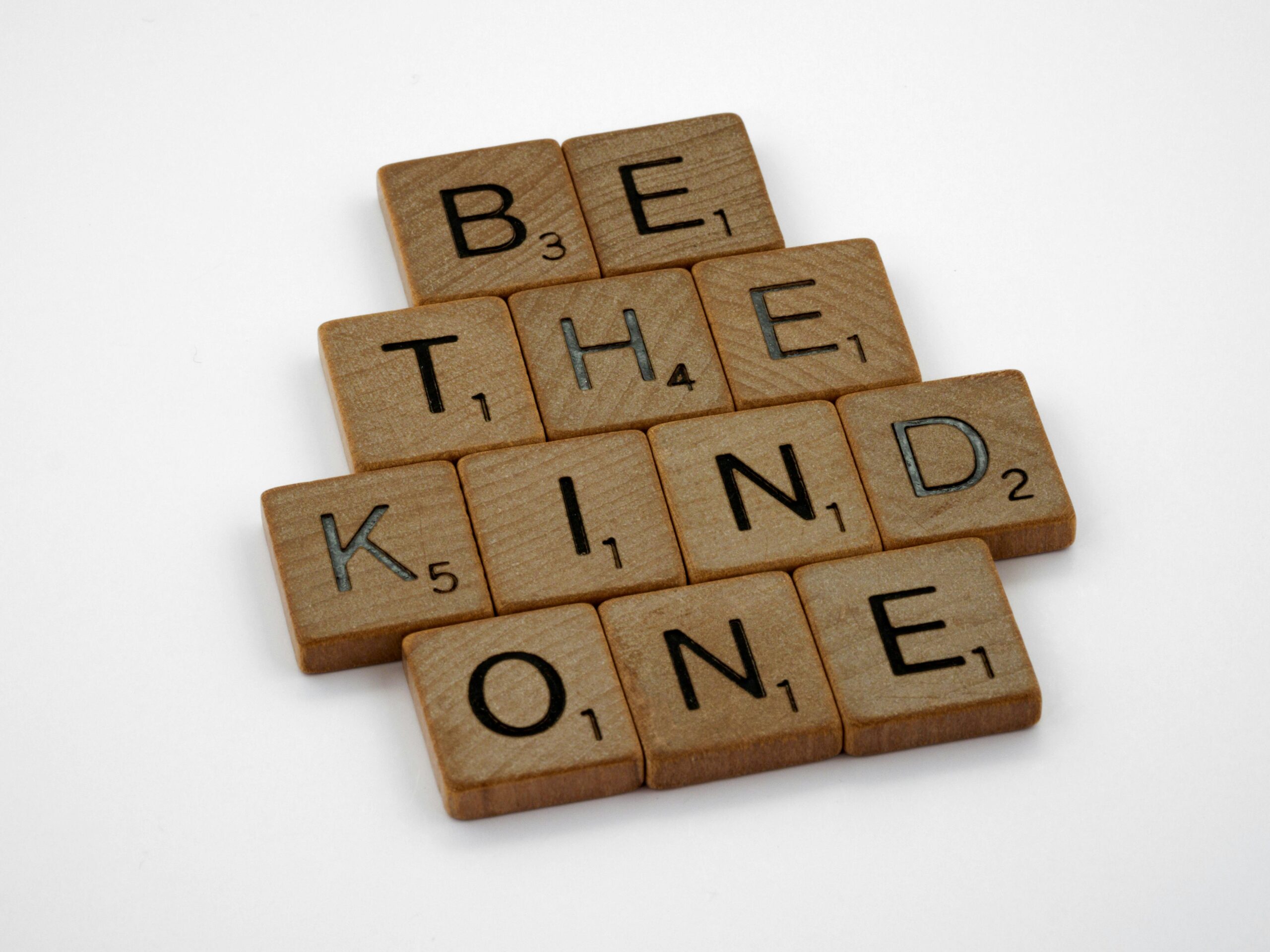Generosity is often understood as the act of giving freely, without expecting anything in return. In the context of mindfulness, generosity takes on a deeper, more transformative role. It becomes a practice of open-heartedness, of embracing the present moment with a spirit of giving. By understanding and embodying generosity, you not only enhance your mindfulness practice but also enrich your life and the lives of those around you.
Generosity in Mindfulness: A Deeper Understanding
In mindfulness, generosity isn’t limited to material gifts. It’s about the willingness to share your time, attention, compassion, and presence. According to mindfulness teacher and author Jack Kornfield, “The practice of generosity is a natural expression of an inner sense of abundance and gratitude.” It is through this lens that you begin to see generosity as an integral part of your mindfulness journey.
When you practice mindfulness, you learn to be present with what is, without judgment or resistance. This non-judgmental awareness naturally extends to how you interact with others. Generosity, then, becomes a way to connect with others, to share your mindfulness practice, and to foster a sense of community and interconnectedness.
Embracing Generosity
Humor and joy can enhance the practice of generosity, making it more enjoyable and sustainable. For instance, consider the simple act of sharing a laugh with someone. Laughter is a form of generosity that can lighten the mood, reduce stress, and build a sense of camaraderie.
Imagine this scenario: You’re stuck in a long line at the grocery store, and everyone around you looks frustrated. Instead of joining the collective grumpiness, you crack a light-hearted joke about the situation. Your humor might just bring a smile to someone’s face, turning a mundane moment into a shared experience of joy.
The Impact of Generosity on Mindfulness Practice
Generosity enriches your mindfulness practice in several ways:
1. Enhanced Presence
When you give generously, you are fully present in the act of giving. Whether it’s lending a listening ear to a friend or offering help to a stranger, these acts of generosity ground you in the present moment, enhancing your mindfulness.
2. Increased Compassion
Generosity fosters compassion, both for yourself and others. By giving freely, you cultivate a sense of empathy and understanding, which are core components of mindfulness. This compassionate outlook helps you navigate life’s challenges with greater ease and kindness.
3. Greater Sense of Connection
Generosity builds bridges between people. It fosters a sense of community and interconnectedness, reminding you that you are not alone in your journey. This sense of connection can deepen your mindfulness practice, as you become more aware of the shared human experience.

Cultivating Generosity in Your Mindfulness Practice
1. Start with Small Acts
Generosity doesn’t have to be grand or elaborate. Start with small acts of kindness. Smile at a stranger, hold the door open for someone, or offer a genuine compliment. These small acts can have a big impact on both the giver and the receiver.
2. Practice Mindful Listening
One of the greatest gifts you can give is your full attention. Practice mindful listening by being fully present when someone is speaking to you. Avoid interrupting, judging, or planning your response. Simply listen with an open heart and mind.
3. Share Your Time
Time is one of the most valuable resources you have. Volunteer for a cause you care about, spend time with loved ones, or offer your help to someone in need. By giving your time, you demonstrate your commitment to being present and engaged.
4. Express Gratitude
Generosity and gratitude go hand in hand. By expressing gratitude, you acknowledge the abundance in your life and foster a spirit of giving. Keep a gratitude journal, thank people for their kindness, and appreciate the simple joys in life. Learn more about the role of gratitude in mindfulness here.
Conclusion: The Lasting Impact of Generosity
Generosity, as a principle of mindfulness, transforms how you interact with the world. It encourages you to be present, compassionate, and connected. By embracing generosity, you enrich your mindfulness practice and create a ripple effect of kindness and connection.
Remember, generosity is not about the magnitude of the act, but the intention behind it. Start small, be consistent, and watch how your acts of kindness transform your life and the lives of those around you.
For further reading on mindfulness and generosity, consider visiting Mindful.org and Greater Good Science Center. These resources offer valuable insights and practices to deepen your understanding and application of mindfulness and generosity in daily life.





this is some amazing content you’ve got the world could use more of this
I appreciate that do share the word anyone who can get help is more that free to take a look and better themselves.